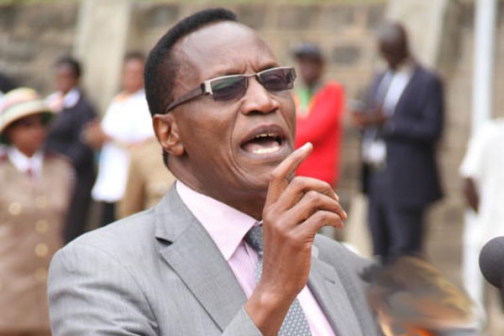×
The Standard e-Paper
Smart Minds Choose Us

NAIROBI: A land valuation index will soon be in place to determine compensation on government projects.
Lands Cabinet Secretary Prof Jacob Kaimenyi made the announcement Thursday adding that the valuation index will also bar individuals and developers from buying land in certain areas.